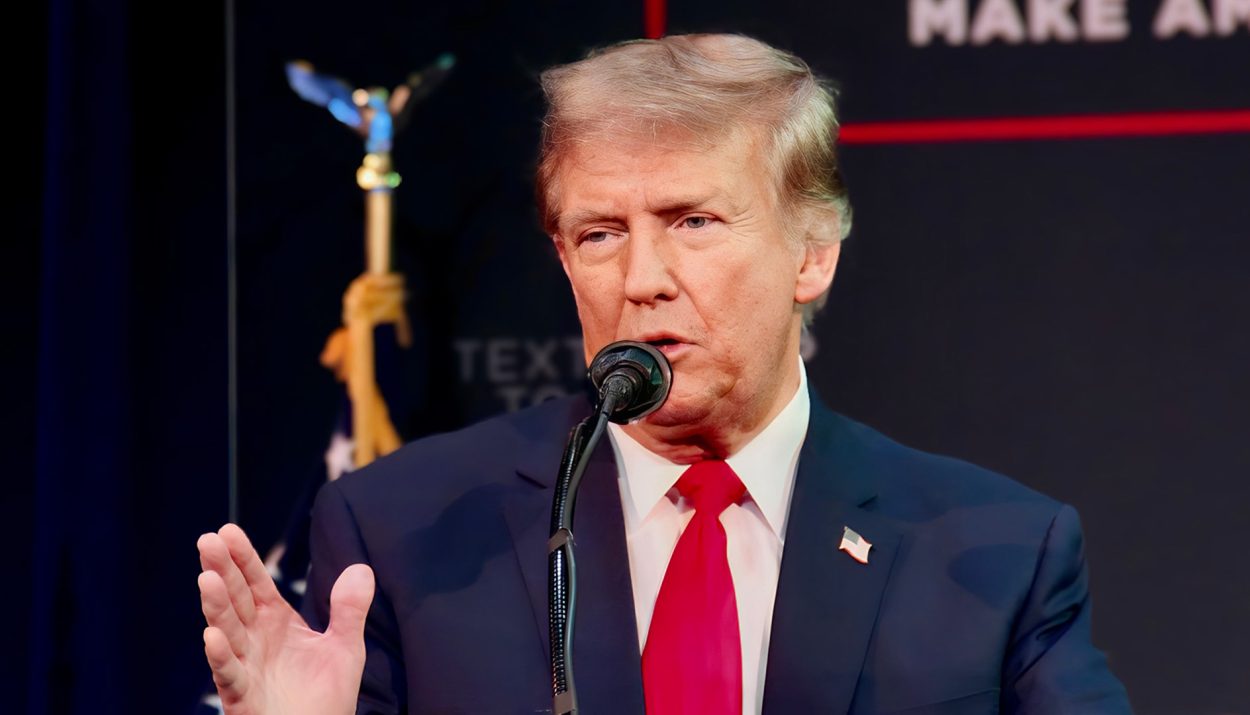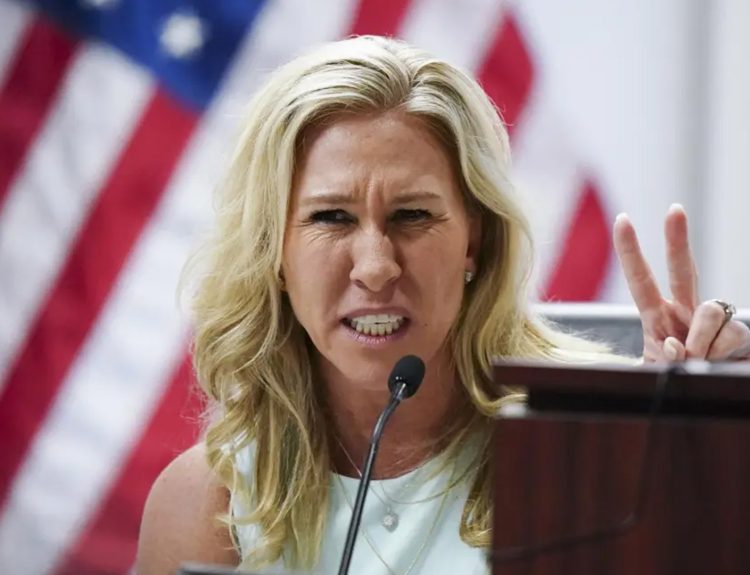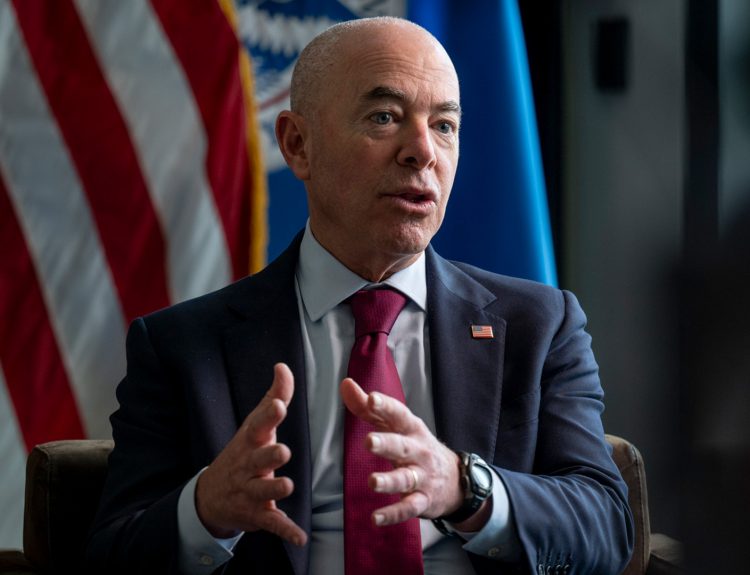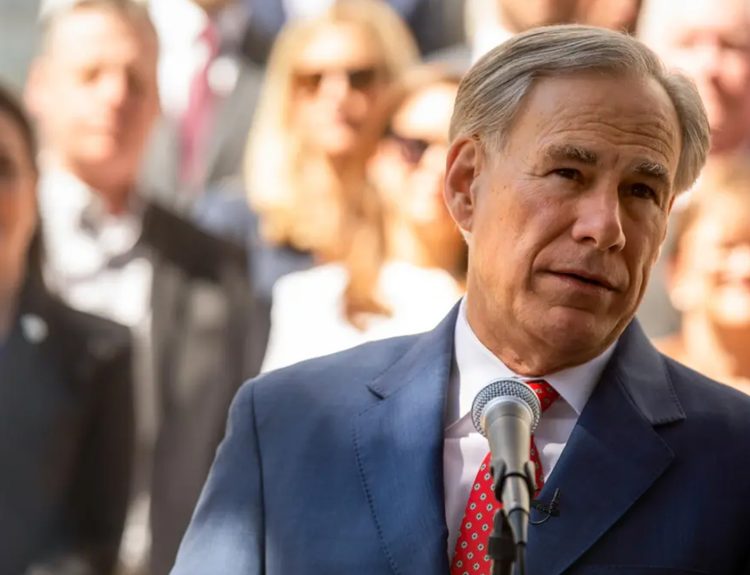Amid accusations of partial reporting, former President Donald Trump has sparked controversy by calling for an end to public funding for NPR.
This call comes in response to a provocative essay authored by senior NPR business editor Uri Berliner, which sheds light on what he views as the organization’s bias against Trump.
Donald Trump Demands NPR to No Longer Be Funded
Donald Trump demanded that NPR cease receiving public funding following revelations of its heavily skewed liberal biases, particularly against the former president.
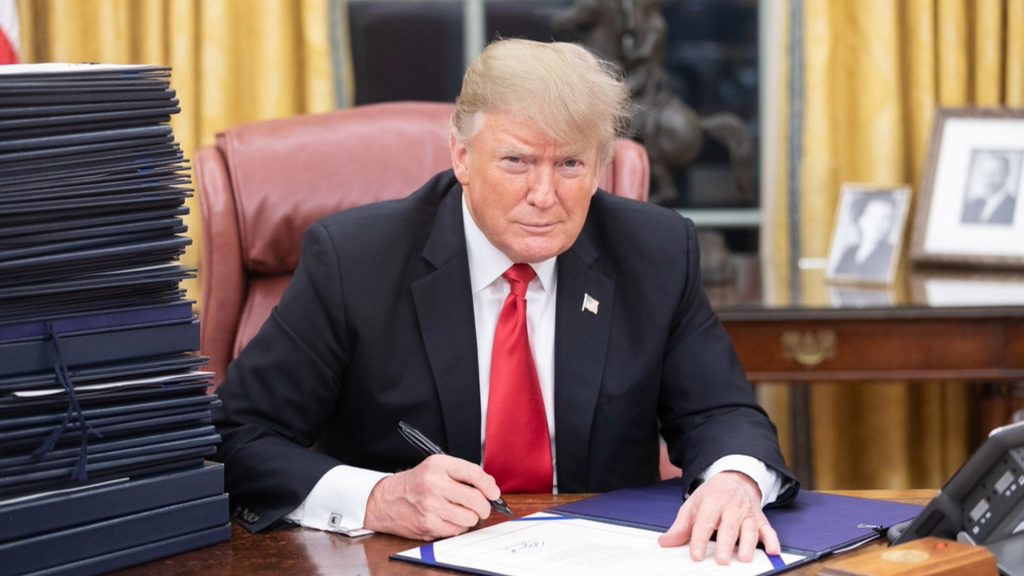
In a startling essay featured in The Free Press, seasoned NPR senior business editor Uri Berliner highlighted how Trump’s election in 2016 spurred NPR journalists to seek avenues to”damage or topple” his presidency.
Insider Exposes NPR’s Anti-Trump Agenda
Berliner noted that the narrative alleging collusion between the Trump campaign and Russia to secure the White House became a driving force behind NPR’s reporting, with the network heavily relying on Trump’s prominent adversary, Representative Adam Schiff.
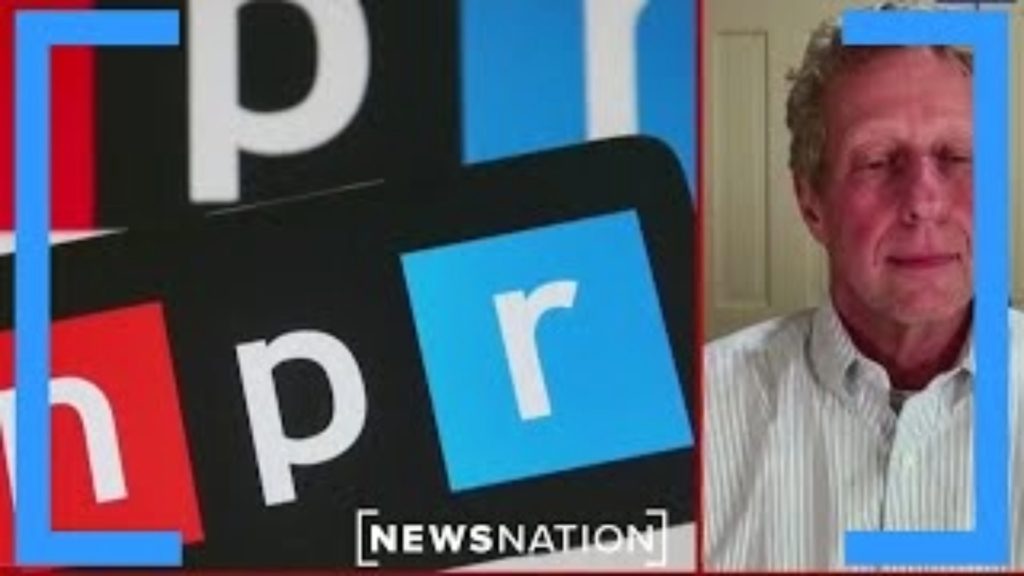
Berliner’s revelations offer a rare glimpse into the internal workings of NPR, revealing a culture of hostility towards the Trump administration where he said
Trump’s Demand: Defund NPR!
In response to Berliner’s expose, Trump took to his Truth social media platform to condemn NPR and call for an end to taxpayer funding, citing the organization as a “liberal disinformation machine.”
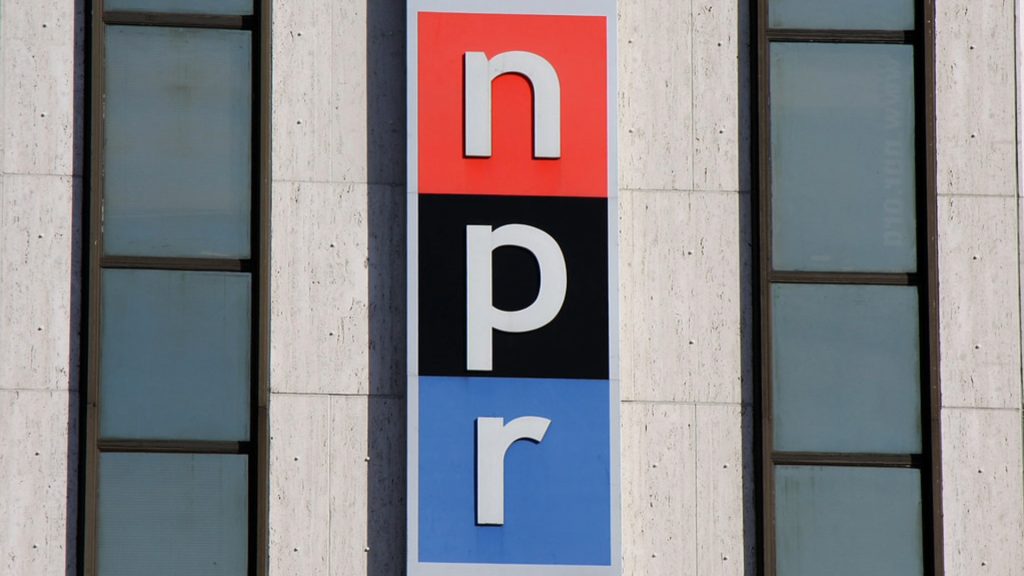
In what appears to be a direct echo of Berliner’s assertions regarding NPR journalists’ intent to “damage” his presidency, Donald Trump vehemently declared,”NO MORE FUNDING FOR NPR, A TOTAL SCAM! EDITOR SAID THEY HAVE NO REPUBLICANS, AND IS ONLY USED TO ‘DAMAGE TRUMP.’ THEY ARE A LIBERAL DISINFORMATION MACHINE. NOT ONE DOLLAR!!!.
Trump’s Ascension to the Presidency Caused a Stark Change at NPR
In his original piece, Berliner asserted that Trump’s assumption of the presidency marked a significant shift at NPR.Berliner noted that,”Like many unfortunate things, the rise of advocacy took off with Donald Trump. As in many newsrooms, his election in 2016 was greeted at NPR with a mixture of disbelief, anger, and despair. (Just to note, I eagerly voted against Trump twice but felt we were obliged to cover him fairly.),”
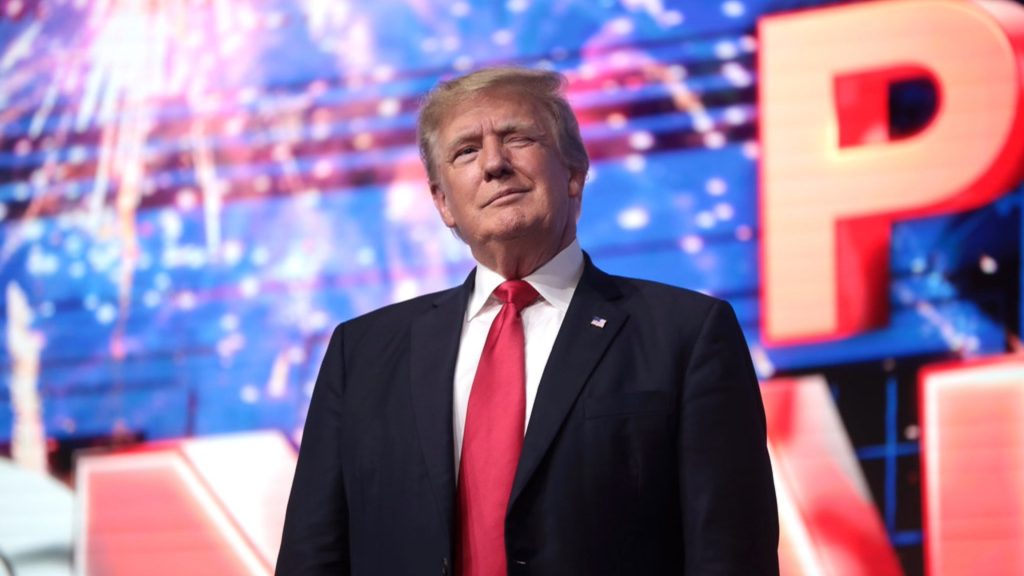
However he also observed”But what began as tough, straightforward coverage of a belligerent, truth-impaired president veered toward efforts to damage or topple Trump’s presidency.”.
Berliner Reveals NPR’s Handling of Trump-Russia Allegations
He also mentioned that NPR repeatedly discussed Trump’s alleged connections with Russia until the Mueller investigation found insufficient evidence.
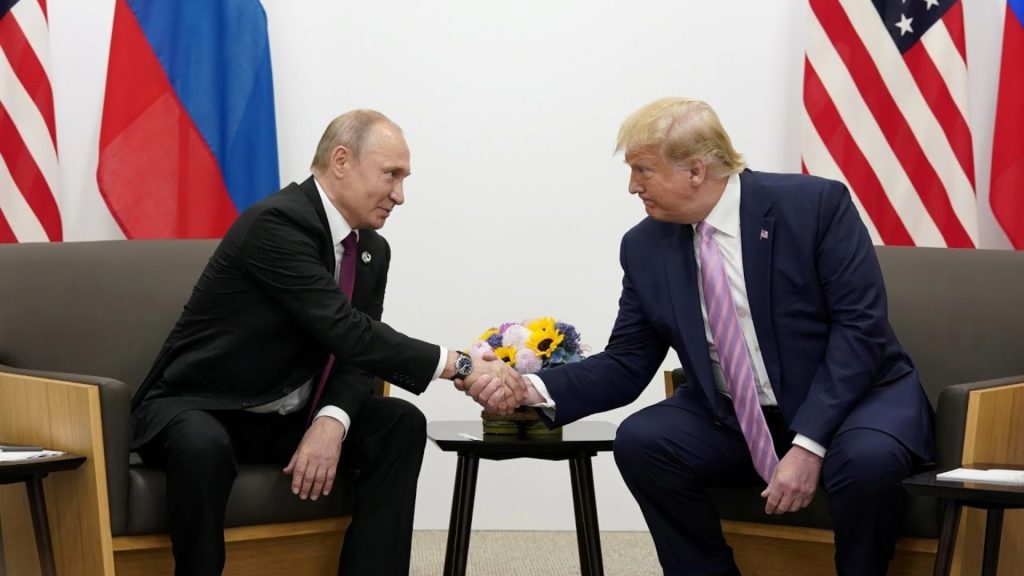
Berliner also pointed out that NPR interviewed Schiff numerous times, and Schiff continued to assert collusion between Trump and Russia for years.
NPR’s Reporting Influenced by the House Intelligence Committee’s Top Democrat
Berliner recounted how Schiff, as the leading Democrat on the House Intelligence Committee, significantly shaped NPR’s narrative, “The Schiff talking points became the drumbeat of NPR news reports.”
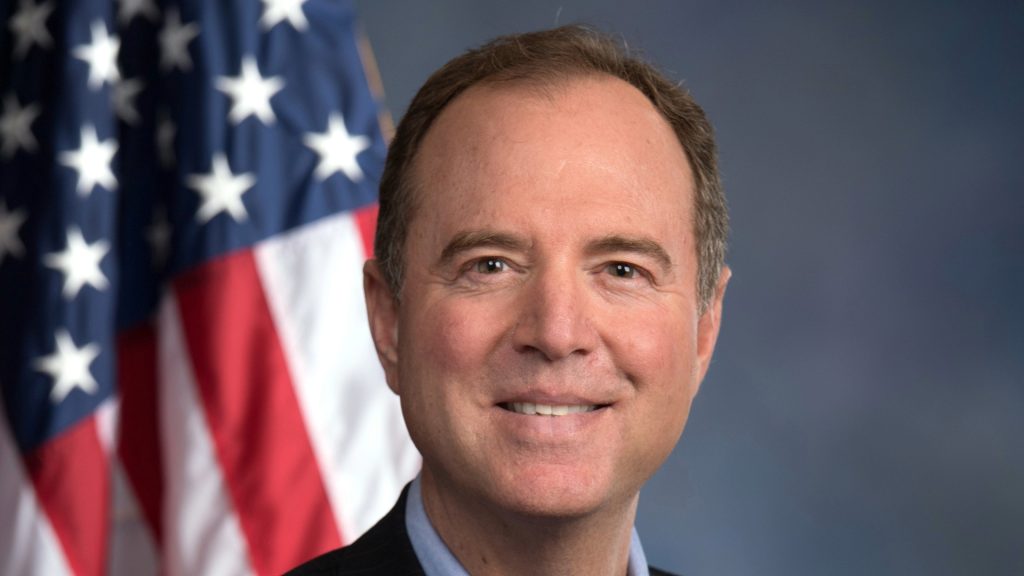
Berliner said “Schiff, who was the top Democrat on the House Intelligence Committee, became NPR’s guiding hand, its ever-present muse,”
The Mueller Report’s Impact on Russiagate Reporting
Berliner’s essay explains how NPR went from reporting without taking sides to showing bias, especially in how it covered the story about Trump and Russia working together.

Berliner continued, stating”But when the Robert Mueller report found no credible evidence of collusion, NPR’s coverage was notably sparse. Russiagate quietly faded from our programming.”.
Berliner’s Argument Against Defunding NPR
In his original piece, Berliner seemed to anticipate critics’ suggestions to cut NPR’s funding.

He said that “Despite our missteps at NPR, defunding isn’t the answer. As the country becomes more fractured, there’s still a need for a public institution where stories are told and viewpoints exchanged in good faith,”
“Defunding NPR Won’t Change Journalism”, Berliner’s Call for Internal Reform
Berliner said that “”Defunding, as a rebuke from Congress, wouldn’t change the journalism at NPR. That needs to come from within.”
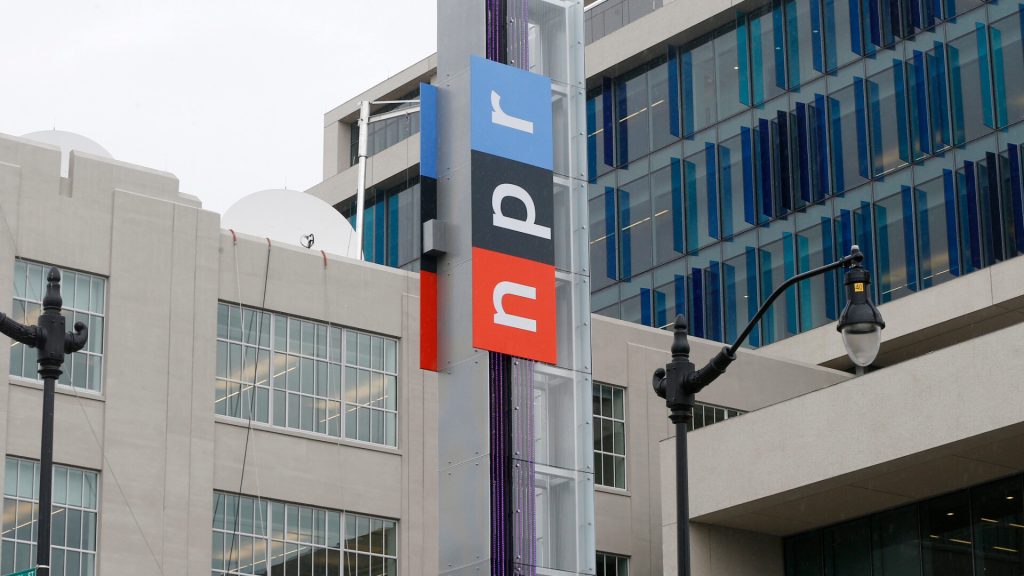
Berliner’s words remind us that NPR needs to fix its problems from inside. Just cutting its funding won’t solve everything. This shows how important it is for NPR to look at itself and make changes for better reporting. It’s a reminder that real change starts from within.
Berliner Urges Reflection as Media Trust Declines Across Party Lines
Berliner shared a Gallup poll conducted last year, which revealed a decline in media trust, highlighting that”Even Democrats are losing confidence in the media. It’s a chance for us to reassess our methods.”
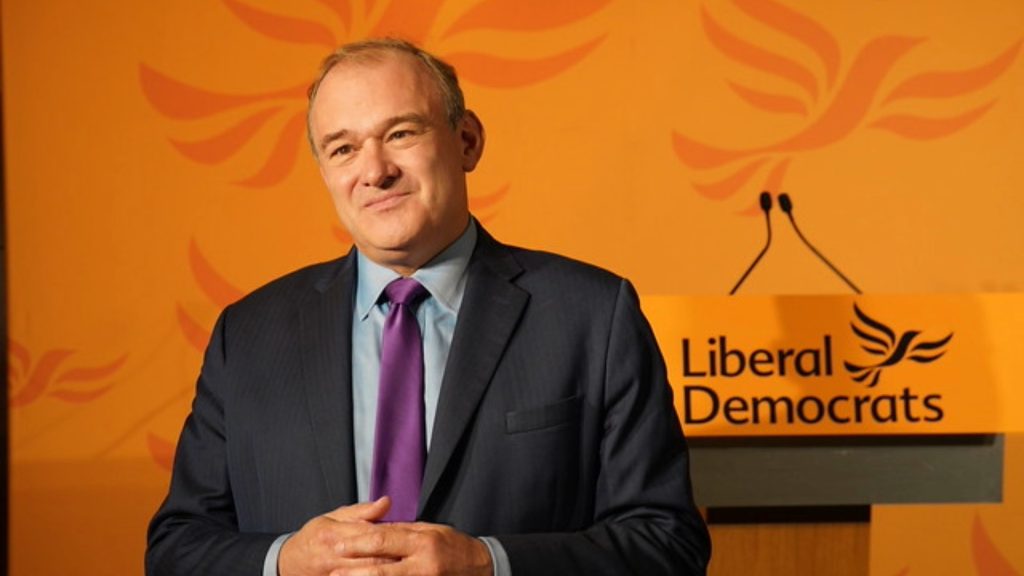
It emphasizes Berliner’s call for introspection within NPR amidst a backdrop of diminishing trust in the media across political divides.
Measured Response from NPR Amidst Controversy
NPR’s response, however, has been relatively restrained as NPR’s response to allegations of bias prompts reflections on journalistic ethics and the responsibilities of media outlets in a politically charged climate.

Editor-In-Chief Edith Chapin challenged Berliner’s portrayal of NPR in a memo to staff on Tuesday, stating that NPR management strongly disagrees with Berliner’s assessment of their journalism quality and newsroom integrity.
The Debate Over Ideological Diversity Within Media Organizations
Berliner’s expose triggers calls for reform within NPR, with advocates pushing for greater transparency and ideological diversity.
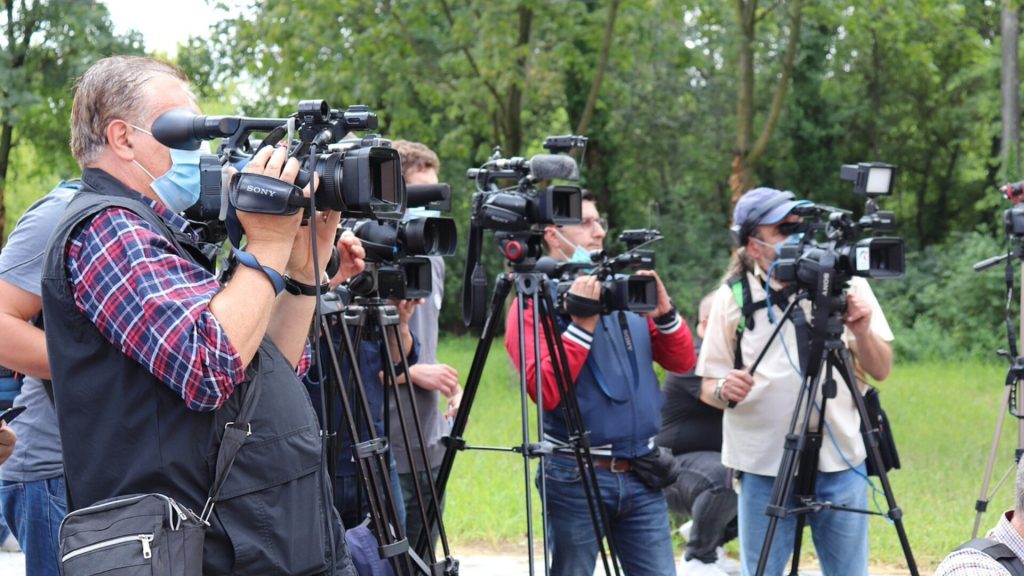
The NPR scandal reignites debates over ideological diversity within media organizations and the need for balanced representation in newsrooms.
NPR Scandal Highlights Political Influence on News Coverage
The NPR scandal highlights the pervasive influence of politics on news coverage and the challenges of maintaining objectivity in a polarized media landscape.
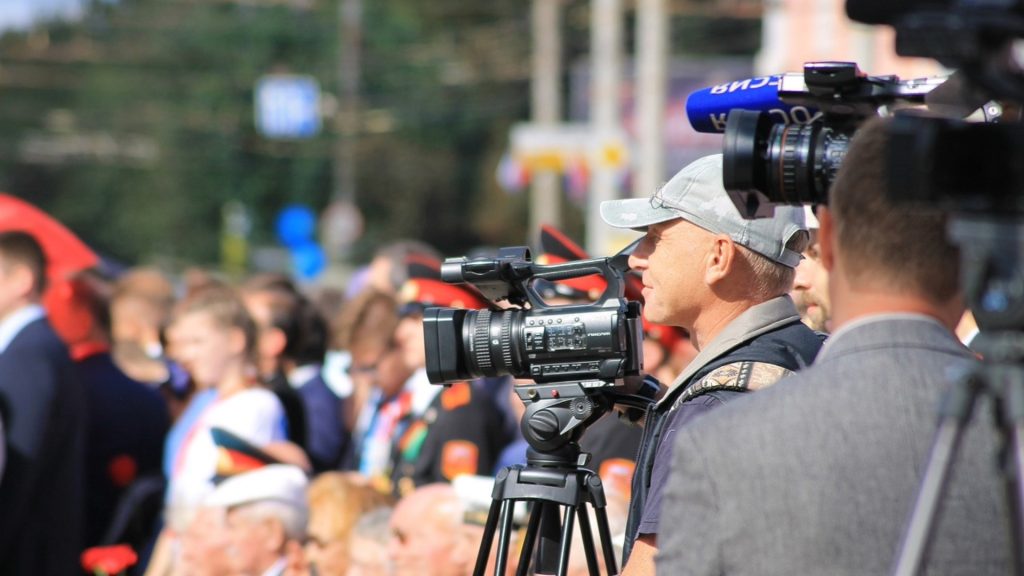
The controversy surrounding NPR underscores the importance of upholding journalistic ethics and maintaining impartiality in reporting.
NPR Grapples With Allegations of Bias and Calls for Defunding
As NPR grapples with allegations of bias and calls for defunding, the future of public broadcasting hangs in the balance, raising questions about the role of government support in sustaining media diversity and integrity.

Berliner’s essay has ignited extensive discussion and introspection within NPR and the broader media community. It has prompted a reevaluation of fundamental principles such as impartiality and trustworthiness in reporting. NPR faces the ongoing task of maintaining neutrality and rebuilding trust among its audience.

